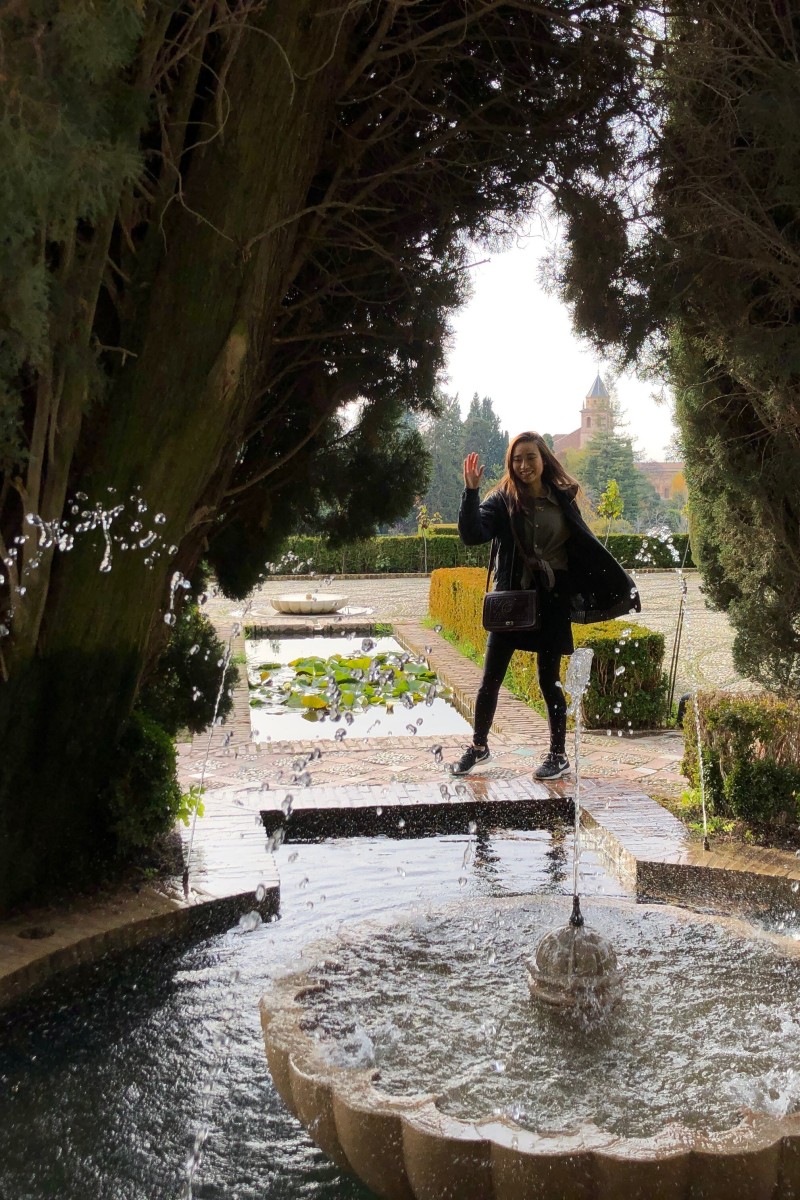
Letters from the Dorm: What they don't tell you about loneliness and studying abroad
- The reality of what studying abroad is like might fall far short of your expectations
- You might get lonely, and you have to learn to compromise

 I enjoyed Spain more when I let go of my unrealistic expectations.
I enjoyed Spain more when I let go of my unrealistic expectations. Studying abroad is often called life-changing. Although mine was rewarding, it definitely wasn’t the rosy, “best time of your life” period that it is painted to be.
I went to Granada in Spain for two months because I wanted to become fluent in Spanish and experience the culture for myself. I had high hopes, but it ended up being rather difficult, for a number of reasons.
Exchange was lonely
I wanted to meet different people, become friends with them, and widen my horizons – but I also wanted to save money. I signed up for independent classes and found the cheapest flat I could. I started school two months late, but thought I would be able to easily make friends as I’m rather extroverted and enjoy socialising.
Eager to explore, I joined a local church, went to language exchanges, and chatted to my classmates … but still didn’t feel like I belonged. I soon found that making friends in a new city is hard if you’re not a part of the university bubble or you don’t live with other people. Connecting meaningfully with locals proved hard, too, as people were reluctant to invest time in me, knowing I’d move away in eight weeks. I had underestimated the importance of timing and the environment that creates friendships.
Going abroad for boarding school? Essential packing tips every student should follow
I had to compromise
For that first month, I continued to feel dissatisfied. I forced myself to speak Spanish 100 per cent of the time, even though I couldn’t fully express myself in it. This hindered my ability to make friends, but I was unwilling to compromise. I eventually realised that I was holding myself to unrealistic standards, and that speaking in a second language can mean you feel uncomfortable and are more silent than usual.
Once I accepted this, I changed my mentality and started enjoying myself. I made plans with the few people I had got to know, explored the city myself, and watched telenovelas on my own instead of feeling guilty about staying in. I didn’t leave with fluent Spanish and a group of friends like I had wanted, but my expectations were too high to begin with. What I did walk out with was a more realistic view of life abroad and a “make the most out of it” mentality.
So, what would my advice be to you? First, know where to splurge and where to save. If community is as important to you as it is to me, consider living in residence, with other exchange students, or going with a programme. Second, know why you’re there, then make concessions. Be realistic. I wanted everything, and was setting myself up for disappointment. If language is your number one goal, know that you might have to give up some things, but don’t let that mar your experience. Lastly, You will have lonely days. Learn to appreciate them and make a running list of ideas for days in so you don’t feel anxious.
